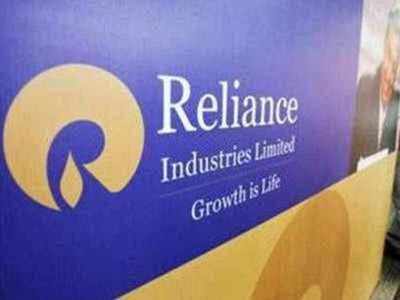On March 11, President Biden gave the country a preliminary timetable for returning to normalcy. In a prime-time address, he directed states to make all adults eligible for vaccination by May 1.
“A July 4 with your loved ones is the goal,” he said.
Americans, it turns out, made travel plans accordingly: Airline ticket prices for summer travel shot up the week after the speech, according to data from the travel booking app Hopper.
The speech was sandwiched between two other events that might have increased optimism about traveling: The Johnson & Johnson one-shot vaccine received emergency approval on Feb. 27, and a tranche of stimulus checks arrived in bank accounts on March 17.
“During that shift in mid-March, there wasn’t a change in supply, but there was a big change in sentiment,” said Adit Damodaran, Hopper’s chief economist. “A lot of people started to think, maybe I could start to plan that summer vacation.”
Because airfare is typically purchased weeks or months in advance, it can be a barometer of how the public is feeling about the pace of recovery. The prices in the Hopper data, which includes fares displayed over three years of searches (representing billions of flight queries), now suggest a travel recovery that could be in full effect as early as this summer.
Week after week, prices for summer flights have inched closer to the prices that travelers paid two summers ago — an indication of rising expectations for a more normal summer.
“Starting in July, summer 2021 fares are looking increasingly like summer 2019 fares,” said Kevin Williams, a Yale economist who reviewed the Hopper data. He added: “If anything, supply is only going up as we head into summer. High prices suggest planes will be full.”
Airlines appear to be operating on a timeline similar to passenger expectations, and seeing this summer as a moment of recovery. Southwest Airlines is recalling all flight attendants from voluntary extended leave beginning June 1. As of late March, American Airlines had returned to 90 percent of its 2019-level bookings.
The spike in summer travel prices is a significant change from a few months ago, when the vaccine rollout was sluggish and demand for travel was weaker. In early February, the average price for July travel was $278. By April, the average price for a flight in July grew 5 percent to $293.
The Hopper data also suggests that Americans remain hesitant to travel this spring, with a recent uptick in coronavirus cases nationally and with most people not fully vaccinated.
Fares for April and May (typically slow months for travel) are still quite depressed this year compared with similar flights in 2019. A flight in May 2021 is about $57 cheaper than a flight in May 2019.
The summer airfare recovery shows up on all sorts of routes, including those that are more typically taken by business travelers (like a flight between Boston and Washington) and those frequented by vacationers (flights to places like Orlando or Las Vegas).
Supply could become a constraint that drives up prices later this year, particularly if travelers with extra vacation days to burn want to make up for last year’s canceled trips.
Right now, though, airline industry experts say the change in prices reflects rising demand. They point to the quick changes in prices from one week to the next, particularly in March after the Biden speech. Those are short periods when airlines’ fleets are holding relatively stable.
What You Need to Know About the Johnson & Johnson Vaccine Pause in the U.S.
“This crisis is all about demand,” said Vikrant Vaze, an associate professor of engineering at Dartmouth College who studies the airline industry. “It’s not like the oil price crisis, where the challenge was about costs. This crisis originated on the demand side, and now you see supply and prices responding to new demand.”
Mr. Vaze says demand is increasing because of what people see happening around them — largely the faster pace of vaccination — as well as the messaging from the government and other trusted sources about what to expect.
Flights have not proved to be a significant source of coronavirus spread; an article in JAMA identified only 42 instances worldwide as of October. Public health officials are contributing to that sense of safety: Early this month, the Centers for Disease Control and Prevention said vaccinated people could safely travel in the United States without testing or quarantining.
“It’s quite fascinating how the ground reality and the messaging matter right now,” he said. “People read the news, people think about it. The vaccine availability is a big deal, and the messaging is another big deal.”
Another sign of rising demand: Airlines have found they can once again charge premiums for last-minute bookings. The prices for fares booked less than a week in advance is a trend that jumped out at Mr. Damodaran, the Hopper economist. Just a few months ago, travelers weren’t interested in spur-of-the-moment trips.
“At the very beginning of the year, airlines couldn’t really increase prices on a last-minute flight to Vegas,” he said. “Then you start to see that change as you head into March, and those massive price spikes on last-minute bookings show up. That’s leisure travel starting to come back.”
Source link

